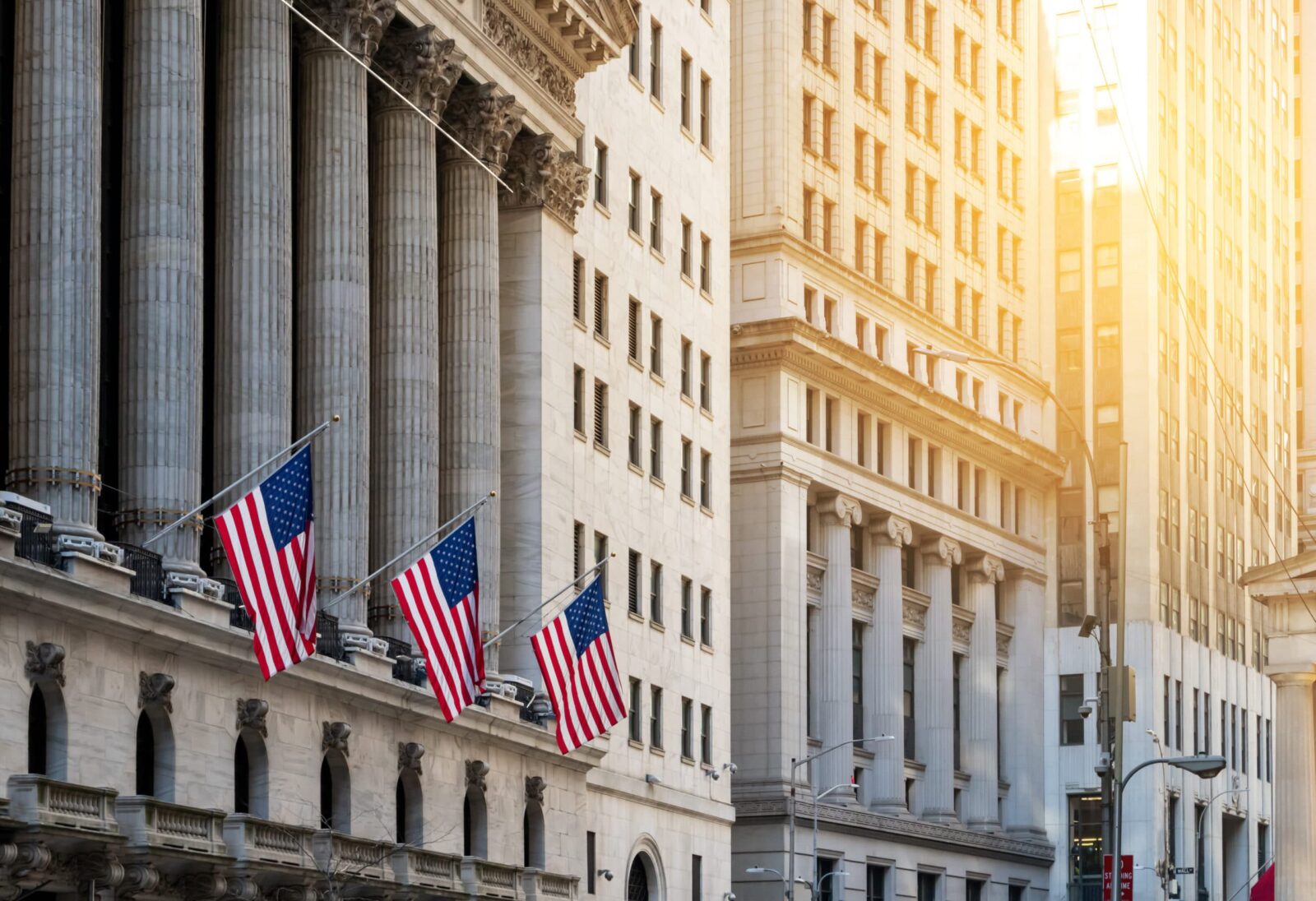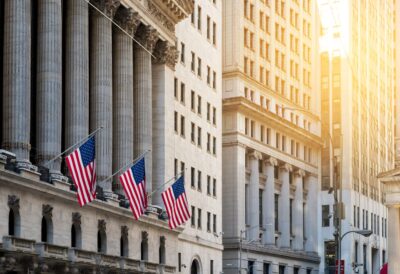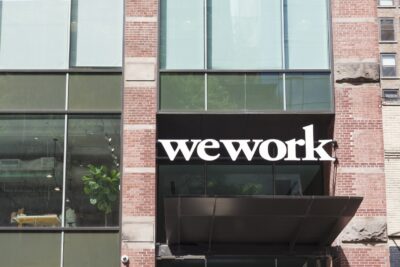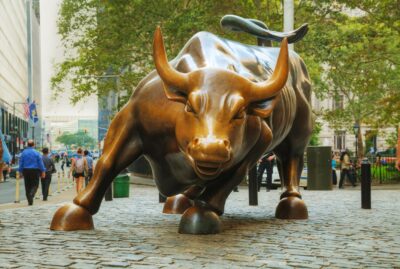Finance
-
Jerome Powell Spoke, and the Market Listened

Image Credit: Adobe.com
Get More Than News. Get Insights.
Our daily email brings you smart and engaging news and analysis on the biggest stories in business and finance. For free.
-
Goldman Sachs Considers Delaying Online Checking Accounts

Image Credit: iStock, vOv
-
Melvin Capital is Shutting Down, But the SEC is Probing Its Meme Stock Nightmare

Image Credit: iStock, Andrey Maximenko
-
Amazon Partners With Major Retailers for Same-Day Delivery Initiative

Photo Credit: Amazon.com.














